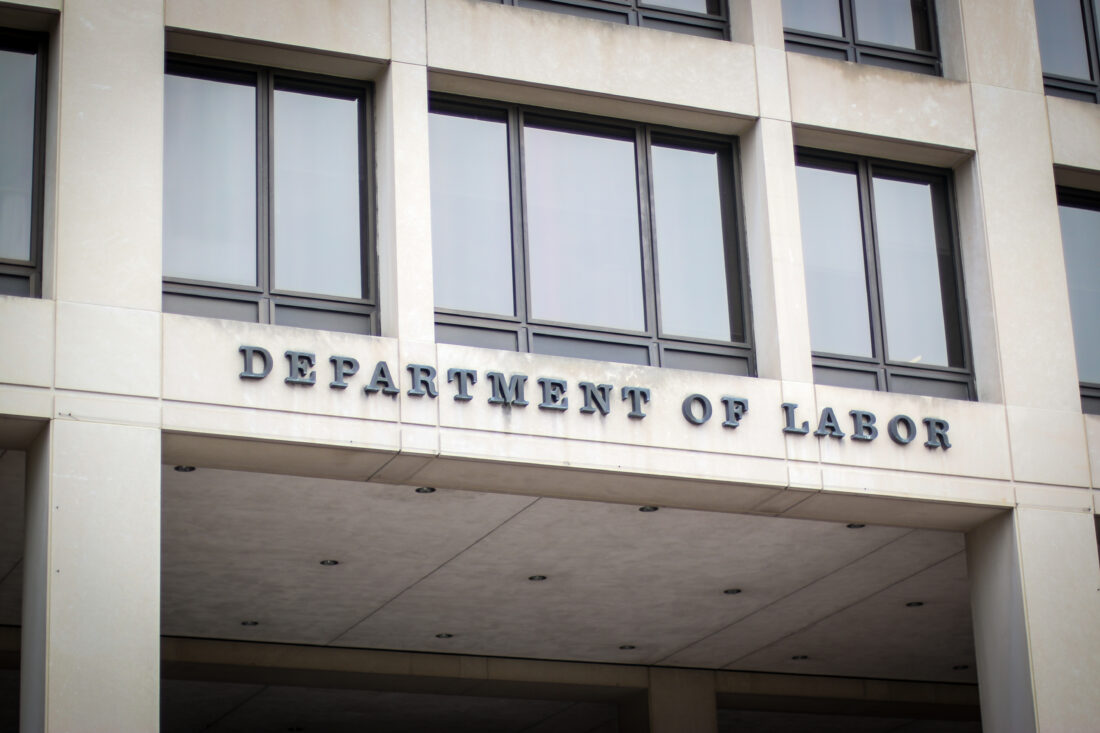Compensating Advisers: Compliance Updates from the Department of Labor
On Monday, October 25, 2021, the Department of Labor (DOL) issued Field Assistance Bulletin No. 2021-02 that covers compensating advisers and further delays enforcement against investment advice fiduciaries who receive compensation that would otherwise be prohibited without full compliance with PTE 2020-02. Among the compensating adviser topics covered are includes the receipt of commissions, 12b-1 fees, revenue sharing, markups and markdowns in certain principal transactions, and investment management fees covering retirement assets.
First, for the period from December 21, 2021, through January 31, 2022, the Department will not pursue prohibited transactions claims against investment advice fiduciaries who are working diligently and in good faith to comply with the Impartial Conduct Standards for transactions that are exempted in PTE 2020-02 or treat such fiduciaries as violating the applicable prohibited transaction rules. Second, the Department has determined that it will not enforce the specific documentation and disclosure requirements for IRA rollovers in PTE 2020-02 through June 30, 2022. All other requirements of the exemption, however, will be subject to full enforcement as of February 1, 2022. So, for now, the methods for compensating advisers remains unchallenged.
Why Compensating Advisers Is Changing
These other requirements include: (1) compliance with best interest standards, (2) acknowledgement of ERISA fiduciary status to owners of covered retirement assets, (3) delivery of a written description of services and disclosure of conflicts of interest, (4) policies and procedures to implement best interest standards and mitigate conflicts of interest, and (5) conducting an annual retrospective review of compliance with the requirements, which must be signed by a Senior Executive.
Second, the DOL has determined that it will not enforce the specific documentation and disclosure requirements in PTE 2020-02 through June 30, 2022. The delayed documentation and disclosure standards require documentation of the determination whether the conflicted investment advice is in an investor’s best interest, and delivery of that information to the investor. Currently, RIAs should already be documenting how they are compensating advisers as well as how investment decisions and recommendations are in a client’s best interest consistent with the SEC’s July 12, 2019 Commission Interpretation Regarding Standard of Conduct for Investment Advisers. CSS has emphasized specific relevant documentation of rollover advice, and that practice should continue by RIAs. Broker dealers who have relied on the DOL relief to begin providing conflicted advice will continue to move towards full implementation of the documentation and disclosure requirements with overlap to Regulation BI systems addressing best interest standards for retail investors.
For CSS’s clients, upcoming changes around compliance for compensating advisers with PTE 2020-02 will be adaptations of existing practices already covering retirement assets and rollovers rather than whole new practices.



